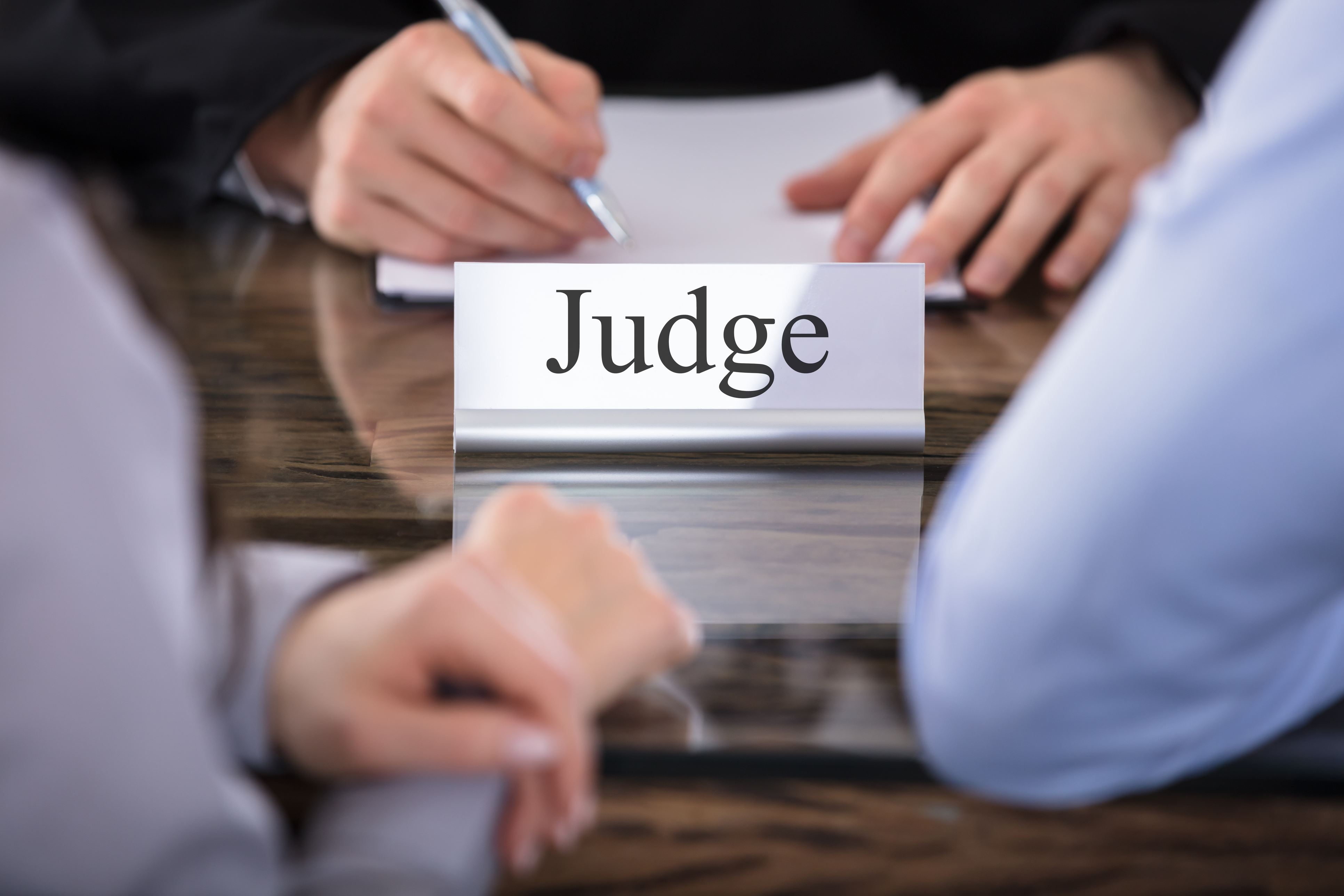In many divorce or child custody cases, the allegations can become hostile and aggressive. When these allegations hold no weight and are found to be false, the accusing party may face significant civil and criminal penalties. However, it is important to discuss with your Orlando Divorce Attorney the allegations and ensure the court investigates them properly, and your attorney presents evidence to refute the allegations.
If any type of abuse, whether against a child or parent, has been alleged in an ongoing case the court will immediately take protective action. While investigating the claims the court may suspend visitation between the parent and child, order supervised visitation, or implement other forms of protection for the child. To investigate the claims the court may order psychological evaluations of the parents and child and physical exams of the child to determine if physical abuse has occurred. The Department of Children and Families may become involved and perform more in-depth home studies or investigations as well. The court may also ask for police reports or witness testimony to provide evidence of the allegations. If allegations are proven to be false, the accuser could face serious consequences with the court.
Florida law prohibits making false claims of abuse and criminalizes the act of knowingly or willfully making a false report. If found guilty of this action, you could face time in prison and a third-degree felony. However, before a judge in a civil case, such as divorce or child custody, they may implement other forms of punishment for such false allegations. These allegations are known to not only harm the individual but also the child involved in the situation and therefore, the court takes these senseless claims seriously. The court may order the accusatory party to pay court cost, attorney’s fees or a fine to the court. The court may also take these false allegations into account when determining proper custody of the child. Under Florida Statute 61.13, the court is required to order shared parental responsibility of the child unless such situation would be detrimental to the child. There is a presumption of detriment to the child if a parent is convicted or alleged to have committed an act of domestic violence or abuse; however, no such detriment is presumed for promoting a false allegation of the abuse. Nonetheless, false allegations are taken into account when considering the best interest of the child.
Under Florida Statute 61.13 when determining the best interest of the child the court must take into account many different factors, including “evidence that either parent has knowingly provided false information to the court regarding any prior or pending action regarding domestic violence, sexual violence, child abuse, child abandonment, or child neglect.” Under this element, many courts have removed custody rights from a parent who falsely accused another of abuse; or implemented supervised visitation or other tactics to prevent and protect the child from any harm. This is not seen by the court as a form of punishment, but rather an opportunity to protect the minor child.
False abuse allegations unfortunately occur too often in divorce and child custody cases. As emotions and hostilities rise, the allegations and revenge tactics tend to appear. Therefore, when false allegations are made against you rely on your experienced Orlando Divorce Attorney to guide you through the process and protect your rights and prove the falsity of the claims.
Speaking to an attorney at our Orlando office is free of charge, and we accept calls 24 hours a day, 7 days a week. Contact us at 407-512-0887 or complete an online contact form to get in touch with a member of our team today.


